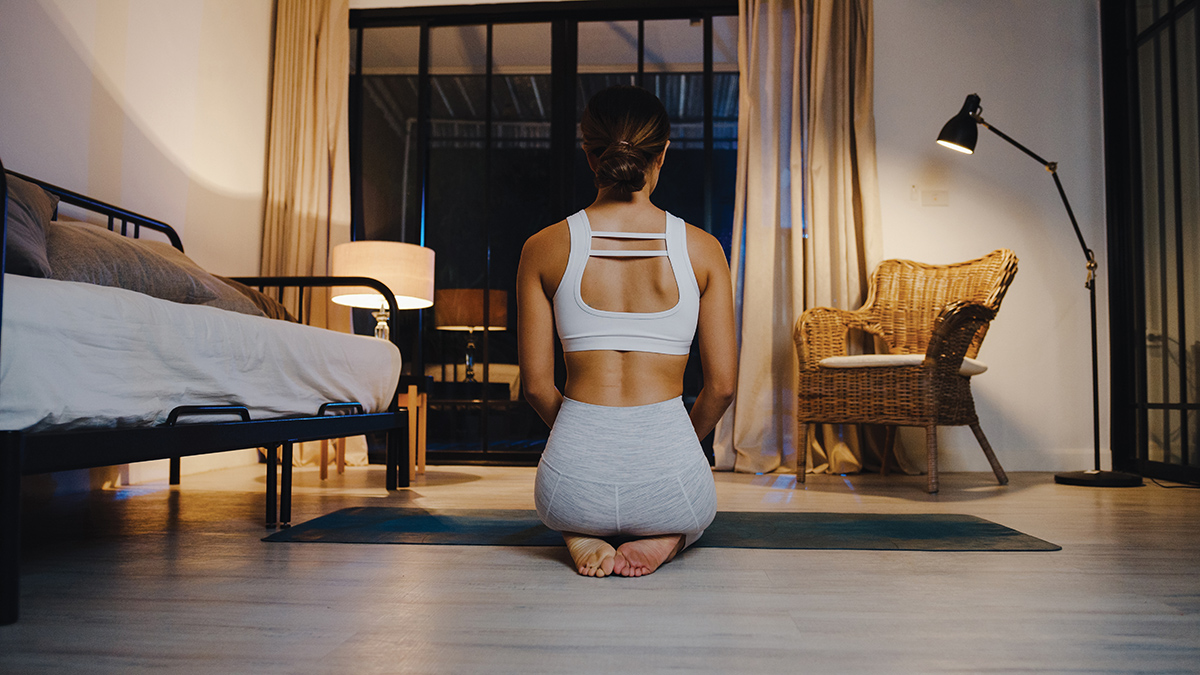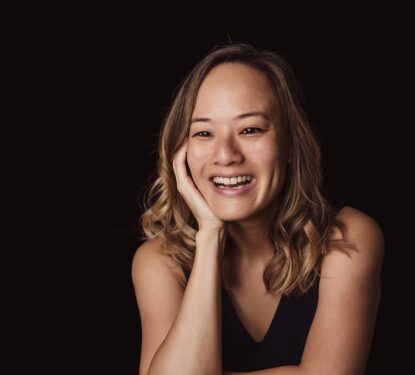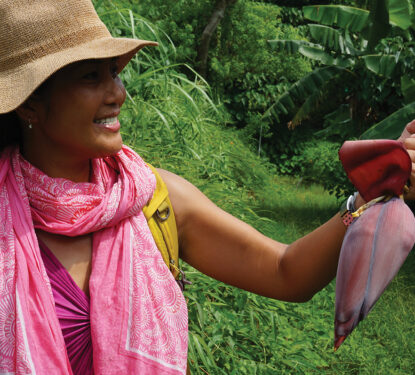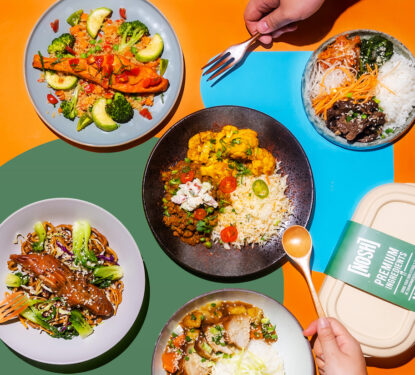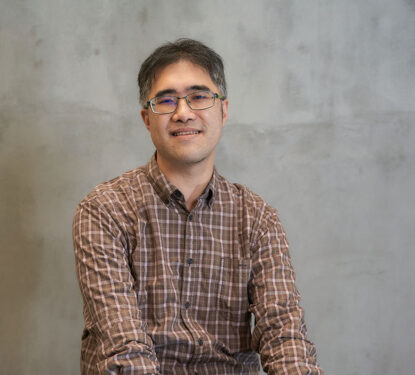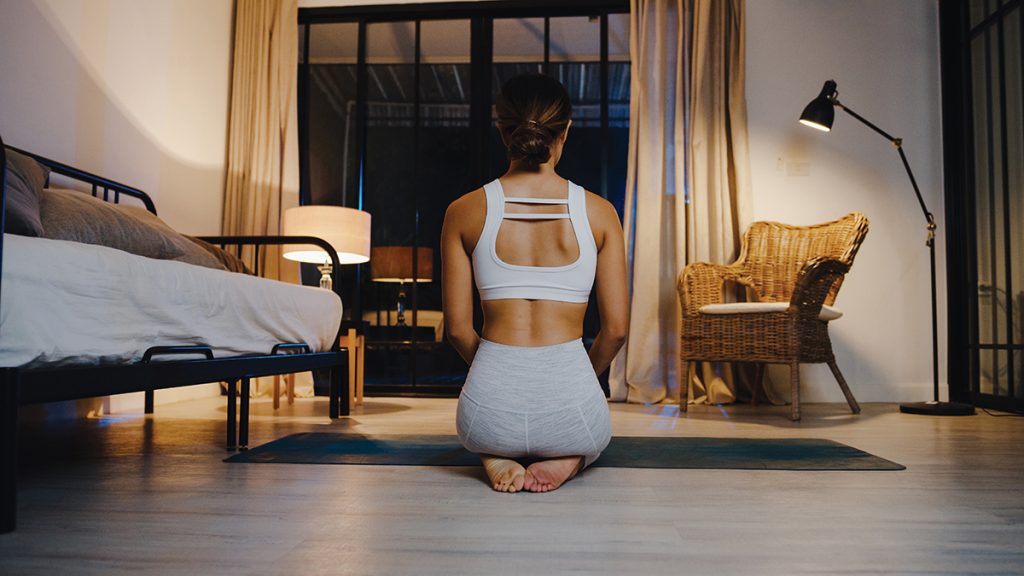
As we head into 2022, the city enters its third year of pandemic restrictions, currently holding the dubious distinction of having the world’s strictest quarantine measures. Three-week hotel reservations and stints at Penny’s Bay have become a normal part of life here. And with global waves of new viral strains, such as the highly transmissible omicron variant, this state of affairs seems unlikely to ease anytime soon.
The reality is that a growing number of Hongkongers are likely to spend at least some time in quarantine, as we continue to do our best to stave off the challenges posed by the persisting pandemic. So what do we really know about the health risks we face from extended periods of solitary confinement? How can we put our wellbeing front and centre when we’re so limited by our circumstances? We spoke to local mental health experts and gathered first-hand accounts from quarantinees to put together our guide for surviving and thriving (or just surviving, if that’s all you wanna do!) while in quarantine.
The science of quarantine
There’s a good deal of research out there to indicate that quarantine carries a psychological toll, from increased levels of anxiety and stress, to higher
risk of depression and even post-traumatic stress disorder (PTSD). In Hong Kong, there’s much less in the way of large-scale studies on how the city’s long-term quarantine mandates are affecting residents.
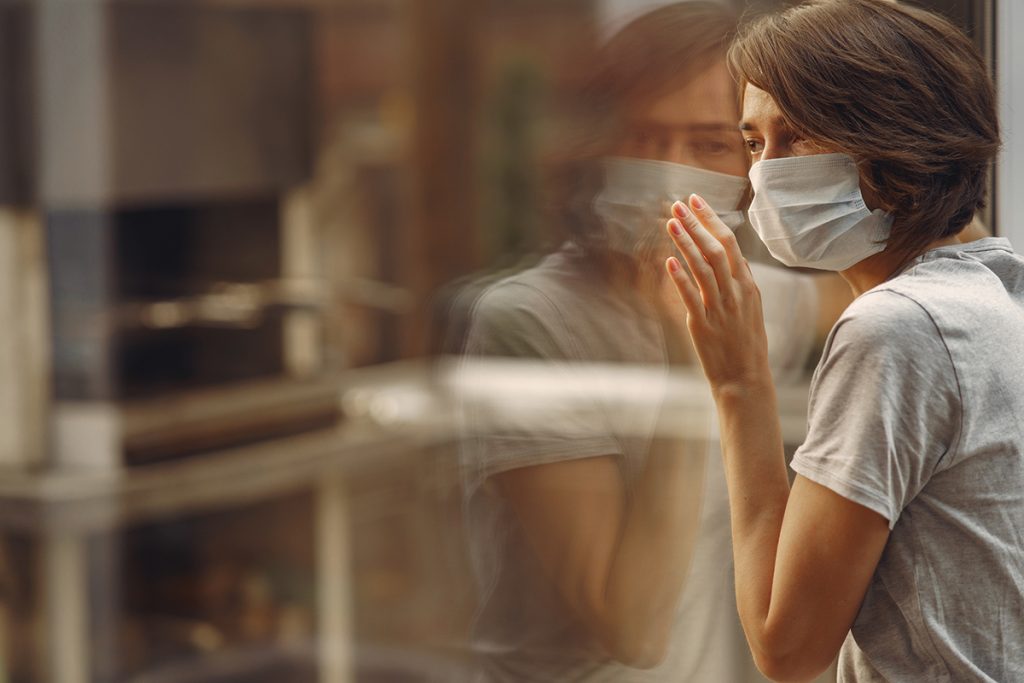
But last year, local psychologist Dr. Judith Blaine published an academic paper (the first of its kind) on the effects of 21-day quarantine on overall wellbeing, based on the experiences of 130 subjects based in Hong Kong. The paper’s findings lined up with other studies on the topic, pointing to negative psychosocial consequences – some of which were long-lasting.
“Many of those who experienced quarantine expressed feelings of isolation, confinement, loneliness, anger, depression and anxiety, some of which remained even after they returned home,” Dr Blaine writes.
“Those that quarantined for 21 days seemed to experience the most adverse psychosocial effects, supporting previous research that showed that longer quarantine is associated with poorer psychological outcomes.”
Local mental health experts say that Hong Kong’s stringent quarantine laws may actually work against our basic biology, ignoring fundamental human needs.

“Humans are inherently social. After millions of years of evolution, we learnt that staying connected with our species helps survival,” explains Peggy Chan Sze-wan, a registered therapist at ReSource Counselling Centre in Wan Chai.
“We feel safe and grounded when we’re with people we trust. During quarantine, we lose that feeling of being supported and connected, and other emotions, like fear and sadness, appear in their place.”
Chan adds that quarantine can often act as a trigger point for negative emotions and thoughts that stem from past trauma or childhood experiences, an experience worsened by total isolation.
Dr. Hannah Sugarman, a clinical psychologist with Mind HK, says that she’s heard of many people who have experienced worsening mental health in quarantine.

“Deprived of the opportunity to access their usual methods of self-care and social contact, people report struggling to maintain their wellbeing in the way they would be able to when not in quarantine,” she says.
In response to the challenges of COVID-19, in 2020 Mind HK launched their Covid-19 Mental Health Relief Scheme, a free, one-to-one online mental health support for those affected by the pandemic, including those in quarantine. Dr Sugarman says that around 95 percent of the people who accessed this scheme (which finished over the summer) said that it was beneficial to their health, indicating the importance of proper emotional support.
What quarantine is really like
When lawyer Aimee Hinksman went through quarantine last year, she said the prospect seemed daunting to her from the outset. “I was worried about maintaining my physical health, but I was most worried about my mental state and how I would cope with having zero human interaction for 21 days,” she says.
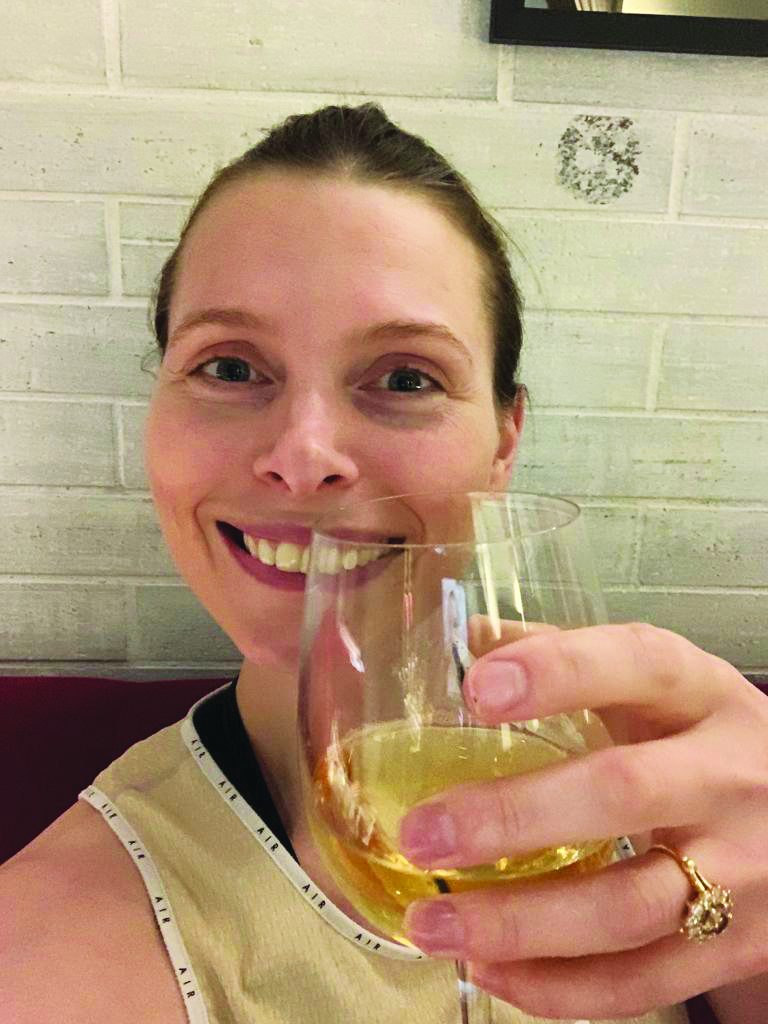
“I specifically chose a hotel where the windows could be opened, as I was really concerned about having a panic attack or something similar if I started to freak out about the lack of fresh air.”
Over her three weeks at Ovolo Southside, Hinksman found her experience was one of “peaks and troughs,” which she was able to get through thanks to regular fitness classes (her local gym offers at-home programming) and daily calls with friends and family. Even with her careful routine, however, Hinksman still hit an unexpected wall towards the end of her stay.
“In my mind, I thought that the last week would be the easiest as it would be the final stretch at that point – but in reality, that wasn’t the case for me. I hit my lowest point on Day 16 and 17, which I wasn’t expecting, and really struggled.”
Kirsteen Thain completed a 21-day confinement after returning from a trip to the US last autumn, and says that she suffered a similar experience at the end of her quarantine.
“Overall, I repressed everything and it was only on my last day that I was hit with overwhelming anxiety – suddenly I had to leave and be responsible for myself. I was stressed at the idea of making choices, or small things like not knowing what the weather would feel like.”
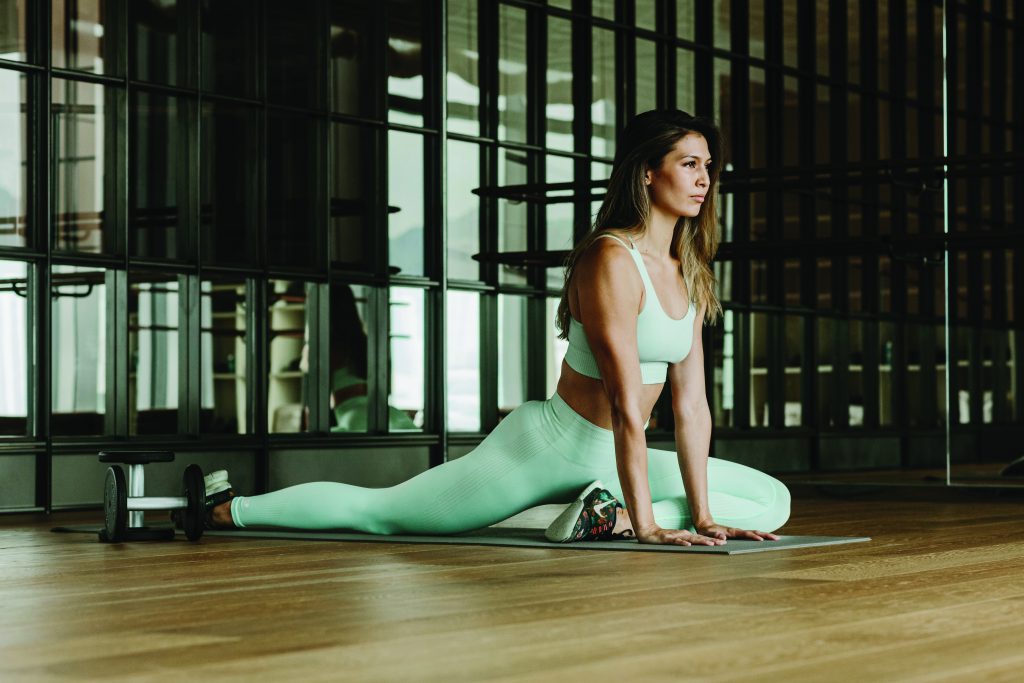
Thain is a personal trainer, and her career requires her to be physically present with her clients. She said that the financial stress of not being able to work for three weeks was one of the biggest factors that contributed to a decline in her emotional wellness during her quarantine.
“I was very frustrated about the financial side,” says Thain, who is originally from Hong Kong. “Hong Kong has created a dystopian world where only people who are rich enough to not worry about time or money can travel. You’re either rich or desperate if you go abroad now.”
The effects of quarantine
It’s still unclear what kind of long-term impact this all might have on us. Thain points out that the forced nature of Hong Kong’s quarantine process – including hardline reminders of the strict protocol in place – can feel more frightening than the actual experience itself.
“You hear stories of people being arrested for stepping outside their room
for a moment,” she says. “There are notices with threats of imprisonment and fines up on the walls and doors. If you open the door for a delivery and there’s staff outside they leap away from you like you’re diseased.”
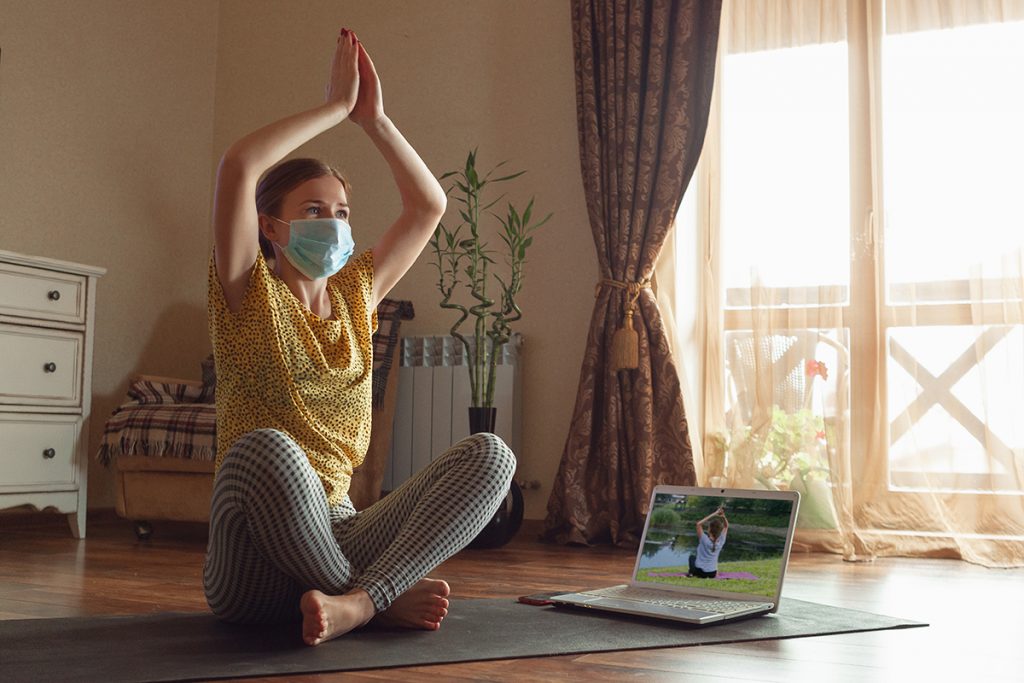
Physically, many quarantiners said that their bodies also suffered from the limited confines of a hotel room or quarantine camp unit. Hinksman said that even with her regular workouts, her knees and hips ached deeply, while an elite athlete like Thain says it took her 10 days to recover.
“Physically I had atrophied rapidly,” the personal trainer explains. “Working out in a room can’t replace high-volume walking, so just moving normally in the real world injured me. The arches of my feet ached, my hip hurt, and my calves were sore.”
Quarantine survival: stay positive and over-prepare
How can we mitigate the risks that quarantine poses to our wellbeing? Most people who have completed a long-haul quarantine agree that it comes down to two things: preparation and perspective.
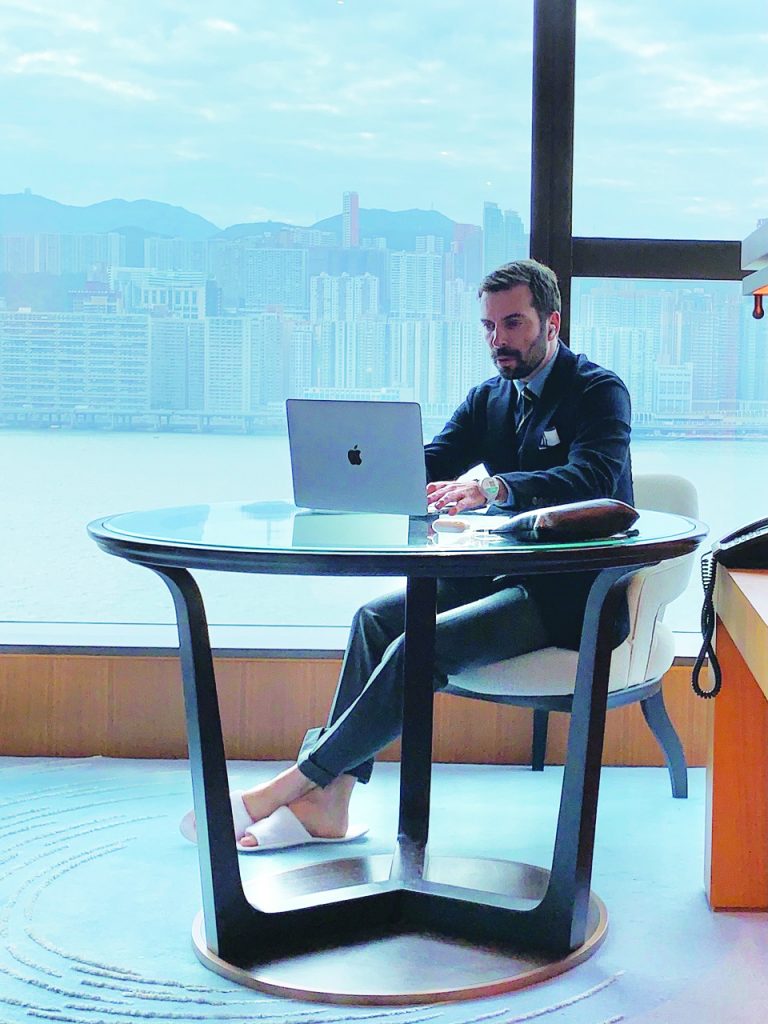
Jean-Francois Goyette, a company director originally from Quebec, says that he relied heavily on a strict routine, planning his days out in extensive detail each of the three times he has spent in quarantine: twice in hotels, and once in Lei Yue Mun camp as a close contact.
“Structuring your days is critical,” he says. “I set an alarm every morning, and got busy as soon as I got out of bed. Otherwise the moments of the day just merge into one.” Goyette says he found quarantine “fine, if a bit inconvenient”, and broke up the isolation through online sessions with a personal trainer and regular FaceTime calls with friends.
“We all have the ability to creatively adjust to situations and produce novel responses, experiences, and narratives in unique situations,” says ReSource’s Chan, adding that humans have a unique psychological ability to be adaptable under even the harshest of circumstances.
In Dr. Blaine’s paper on Hong Kong quarantiners, the researcher also found that some of the study’s subjects thrived from the experience, something she attributed to their overall perspective of the scenario.
“For a very few participants, the experience was actually positive, which they attributed to entering quarantine with a positive mindset,” she wrote.
So what does it take to emerge through quarantine a happy, healthy and relatively unscathed human being (if a bit lighter in your bank balance)? Check out some of the best quarantine survival tips that we received from mental health experts and former quarantine inmates.
Also on Liv: How To Survive Your 21-Day Quarantine With Kids

